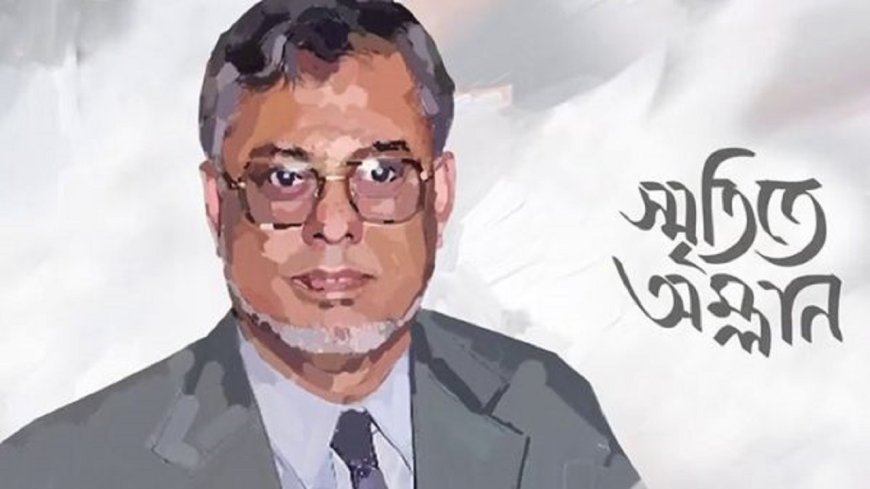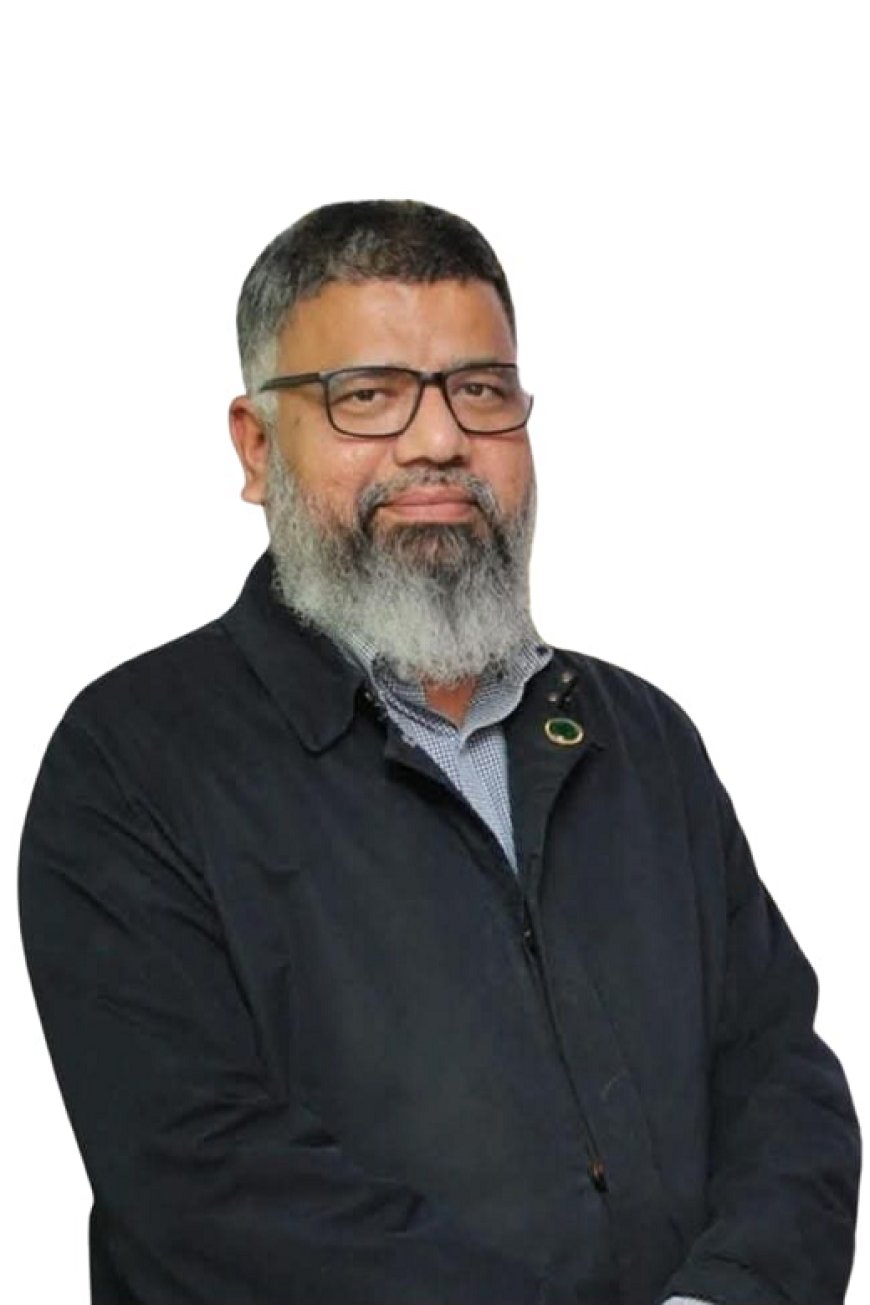Quamrul’s Legacy: Crafting Competence and Commitment in Engineering

As debates intensify over whether BSc or diploma holders may rightfully use the title “engineer,” and why entry into the 10th-grade sub-assistant post is not open to all, Bangladesh’s engineering sector finds itself revisiting questions of equity. The controversy over disparities in recruitment and promotion to the 9th-grade post has resurfaced amid national upheaval, heated campuses, and restless cities. Inevitably, one name has emerged with renewed relevance: Engineer Quamrul Islam Siddique, hailed as the “magic boy” of the World Bank.
A valiant freedom fighter, Siddique was at once an engineer, urban and regional planner, technologist, and visionary of post-war rural infrastructure development in Bangladesh. His far-sighted planning gave birth to the Local Government Engineering Department (LGED), which not only expanded nationwide employment for engineers but also elevated the professionalism of the field. With innovation and leadership, Siddique became known as the architect of rural infrastructure development in Bangladesh. September 1 marked his 17th death anniversary. Though years have passed, his legacy continues to inspire and resurface in times of professional conflict. Experts note that the stark divisions today between diploma engineers and graduate engineers would not have escalated had Siddique’s brand of visionary and smart leadership remained in place.

Dr. Hossain Zillur Rahman, economist, academic, and Chairman of BRAC, reflected: “He was a very good man. A noble man. Very hardworking. Tireless. He had an immense attachment to the country. He spent his life thinking about how to improve our surroundings for the welfare of ordinary people. He was the architect of LGED. He introduced this institution at home and abroad. Yet, it is painful to see that while his leadership doubled the need for professionalism in the country, today we are witnessing a major crisis in professional attitudes.”
The former caretaker government adviser added: “When I see students or professionals embroiled in self-interest over the title of engineer, it hurts deeply. Quamrul Islam Siddique built engineers who carried a ‘sense of social mission.’ Today, we need that mindset twice as much. Especially after the sacrifices of July and August reshaped politics and restored democratic rights, we must ask ourselves whether we are using this opportunity well. His legacy is missing—the integration of professionalism and social mission. He foresaw the need for climate-resilient, sustainable technology and prepared his team accordingly. I urge today’s youth to strengthen their professional mindset with a sense of social mission as his true heirs.”

Barrister Tariq Bin Aziz, former Vice President of BUET, echoed this sentiment, noting Siddique’s role in raising the quality of engineering education and training. “He was above political ideology. For him, the country came first, regardless of religion or caste. Everyone respected his honesty, dedication, and competence. Even the power sector mafias could not stand against him. If he or someone like him had been alive today, such conflicts over engineering positions and quotas would not have arisen. Following his principles could still resolve this crisis. But we no longer see such capable administrators—so energetic, empathetic, and humane.”
Recalling Siddique’s tenure at the Power Development Board (PDB), Tariq Bin Aziz added: “Though he was not there for long, he brought major reforms in the power sector. Before his time, no PDB officials were transferred after independence—appointments and transfers were controlled by trade unions. He broke this cycle, defied politically backed union leaders, and restored professionalism. He created a precedent that if you don’t work, transfers are natural. He combined firmness with rational softness—always discussing decisions, inviting written statements, and solving disputes through fairness and international standards. He brought everyone to a ‘win-win’ position.”

Former LGED Chief Engineer Shahidul Hasan, recalled Siddique’s profound impact: “It was because of him that Bangladesh’s rural economy gained momentum. He elevated the engineering profession to a respected national stature. His vision will guide LGED for generations. Yet it is our national misfortune that he was never honored with the Independence Award. If we look closely, we will see that even Dr. Yunus’s Grameen economy model drew from his infrastructural contributions. He built rubber dams for irrigation, created rural-urban communication, and enabled small entrepreneurs to access markets. He gave the country a foundation for financial inclusion, poverty reduction, and women’s empowerment.”
Hasan added: “He was versatile, pioneering water system management, rural transport, GIS systems, and the Engineer’s Staff College at the Meghna Riverbank to enhance professional skills. As IEB President, even under adverse conditions, he acted fairly for both diploma and graduate engineers. Today’s stalemate over 9th and 10th-grade positions arises from a lack of new job creation and an anti-discrimination mindset. We must quickly open the 10th-grade post to all and free the 9th-grade from quotas. Entry into the profession should require certification, and field performance must count in postings.”
All three distinguished voices agreed: Quamrul Islam Siddique was a visionary who knew how to transform dreams into reality. He worked for the people, for the country, and for economic transformation. They lamented that despite his unmatched contributions to rural infrastructure and economic uplift, he has yet to receive the nation’s highest honors. “Those who fail to recognize his greatness show only small-mindedness. The current engineering crisis is a direct outcome of such narrowness,” they stressed, calling for research on his life and the application of his legacy in present-day policy and practice.









































































































































































































